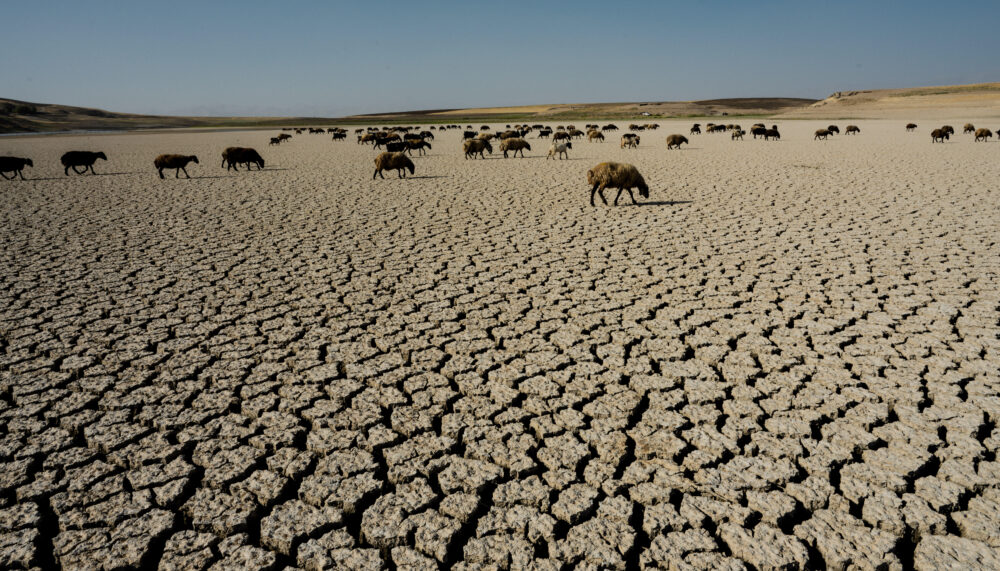CURRENT PROJECT
Building community resilience on climate and security risks in Iraq

This project fosters local capacity, addresses climate-induced mobility, and promotes collaboration to tackle environmental and security challenges in the Kurdistan Region and Federal Iraq.
Timeframe: 2024 - 2025
This project aims to enhance the resilience of communities in the Kurdistan Region and Federal Iraq that are affected by climate change, addressing the adverse factors that drive human mobility. By strengthening the ability of local authorities, civil society, and academic institutions to respond effectively to climate-induced challenges, the project seeks to foster localised knowledge and improve coordination.
In addition to fostering inclusive, people-centred approaches and addressing the root causes of conflict, the project aims to mitigate climate-related security and migration risks. By working closely with communities and local partners, it promotes resilience through dialogue and collaboration, using shared environmental challenges as entry points to facilitate agreements and strengthen cooperation among communities heavily affected by climate change, environmental degradation, and conflict. These initiatives enable communities to adapt and thrive despite the challenges posed by a changing climate.
Background
Iraq faces significant challenges from climate change and environmental degradation, which act as threat multipliers to the country’s stability. Rising temperatures, shifting rainfall patterns, and extreme weather events have exacerbated issues such as drought, desertification, water scarcity, and soil degradation, undermining agricultural productivity, food security, and public health. These environmental stressors intersect with governance weaknesses, political marginalisation, and structural drivers of conflict, intensifying security risks and displacement. Rapid urbanisation and population growth further strain resources, driving migration, particularly in rural areas affected by water scarcity. Addressing these interconnected challenges requires integrated, evidence-based interventions that build resilience and reduce the drivers of climate-induced displacement.
Partners and funding
This project is funded by the International Organization for Migration (IOM).
Project lead
Ekrem Güzeldere
Team members
Christian Gülisch
Sonja Neuweiler
Media contact
You can reach the press team at:
+49 (0) 177 7052758
email hidden; JavaScript is required


